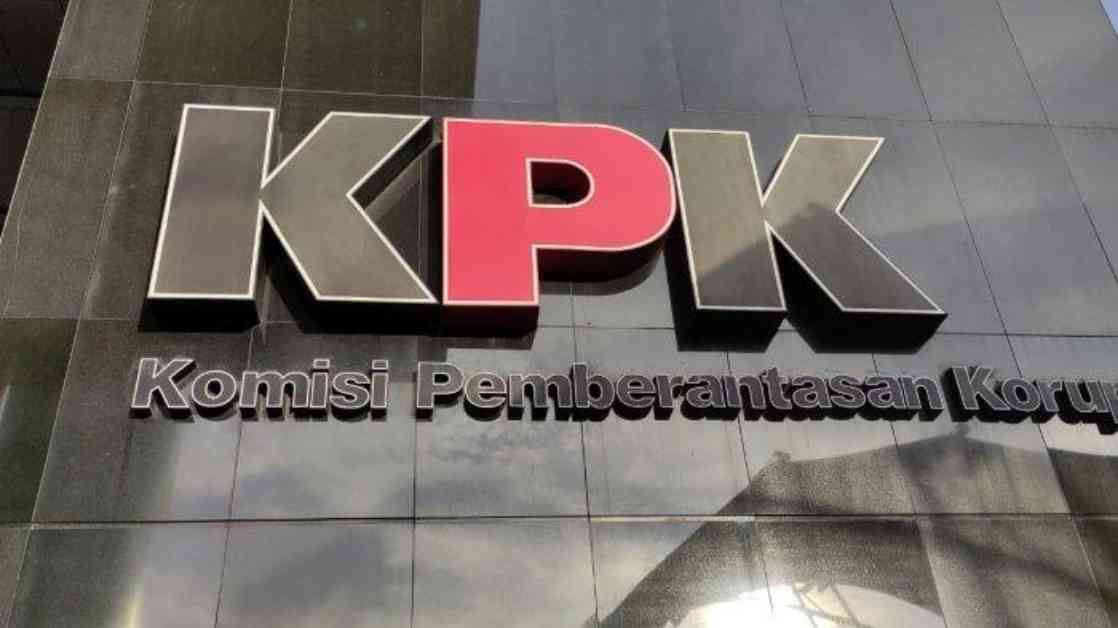Central Java Government Achieves Top SPI Index in 2024 Survey by KPK
The Central Java provincial government has secured the highest index in the Integrity Assessment Survey (SPI) for the year 2024 in the category of large-type provinces. This significant achievement was announced by the Corruption Eradication Commission (KPK) at the Red and White Building in Jakarta on Wednesday, January 22, 2025.
SPI is a survey conducted on ministries, institutions, and local governments to map out corruption risks and advancements in anti-corruption efforts. The ultimate goal is to raise awareness about corruption risks and enhance anti-corruption systems. Collaborating with the Central Statistics Agency (BPS) and the National Innovation Research Agency (BRIN), KPK ensures the quality of the survey methodology.
Moreover, the SPI involved survey institutions, 40 state universities, and 1 Islamic university as implementers of computer-assisted personal interviewing (CAPI) and qualitative research, along with survey experts such as consultants, academics, and Civil Society Organizations (CSO). The results of the SPI are formulated into the National Integrity Index, providing an overview of the integrity level nationwide.
Prominent Results of the SPI Survey
According to official KPK sources, a total of 94 ministries/agencies, 37 provincial governments, 508 regencies/cities, and two state-owned enterprises (BUMNs) were surveyed by KPK, with a total score of 71.53. Central Java province achieved the highest index in the category of large-type provinces, while Yogyakarta secured the best index in the large-type municipal government category.
The highest SPI indices were obtained by the Ministry of Foreign Affairs with a score of 85.73 in the ministry category, Bank Indonesia with a score of 86.7 in the non-ministry institution category, Central Java provincial government with a score of 79.5 in the large-type provincial government category, Yogyakarta city with a score of 79.4 in the large-type municipal government category, and Batang regency with a score of 80.5 in the large-type regency government category, as stated by KPK.
Continuing Challenges of Corruption
Despite these achievements, challenges persist in combating corruption. KPK revealed that bribery and gratification still occur in 90% of ministries and institutions, with an alarming 97% prevalence in local governments. Deputy for Prevention and Monitoring of KPK, Pahala Nainggolan, emphasized the prevalence of bribery and gratification in various government entities, with internal respondents acknowledging witnessing such unethical practices within their environments.
In conclusion, while the SPI survey showcases significant progress in promoting integrity and combating corruption, the findings also highlight the pressing need for continued efforts to eradicate corrupt practices across all levels of governance. The Central Java government’s exemplary performance serves as a beacon of hope and inspiration for others to follow suit in upholding integrity and transparency in public service.






















